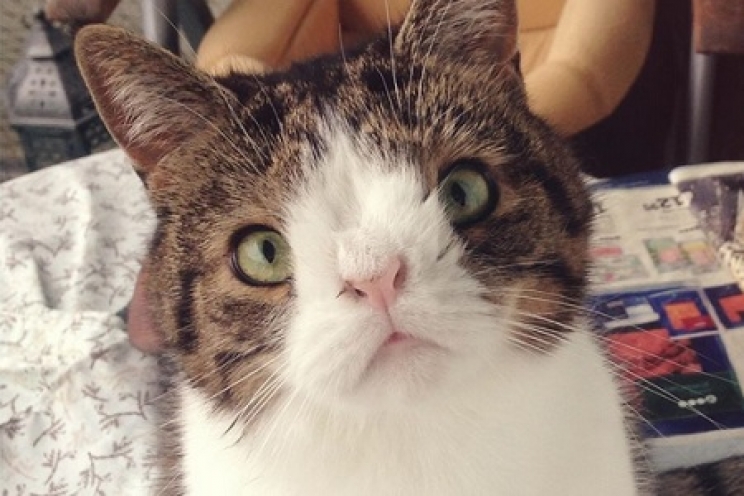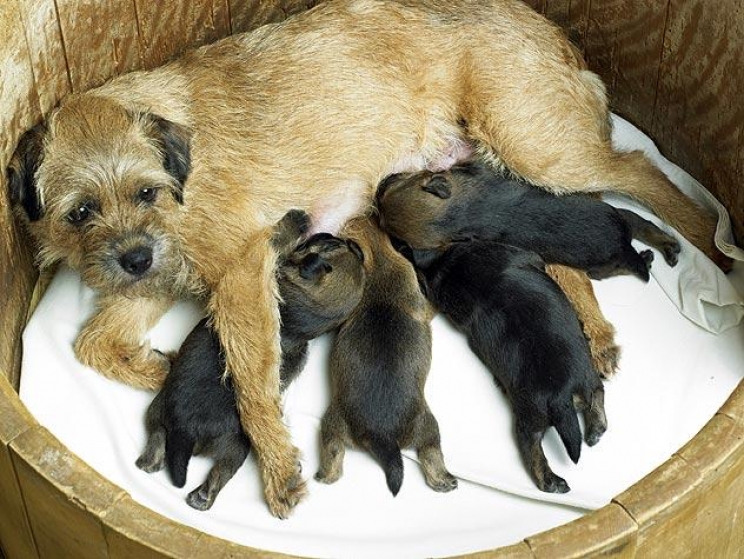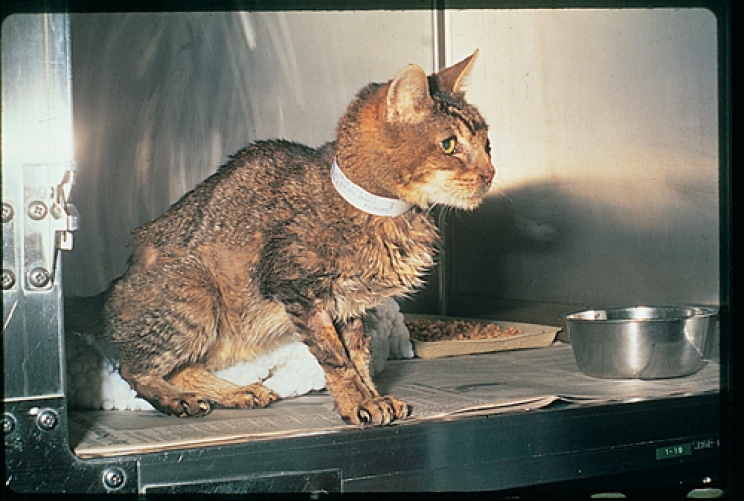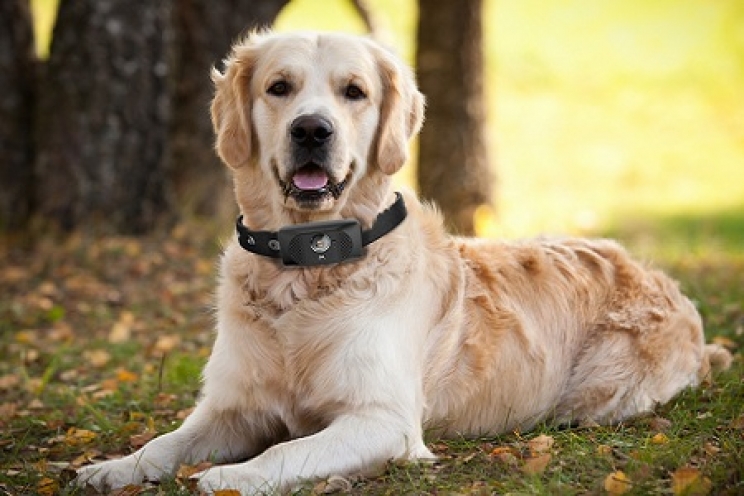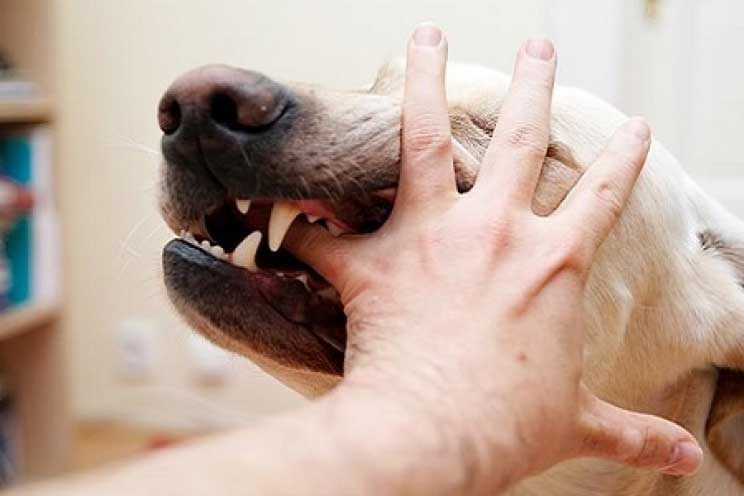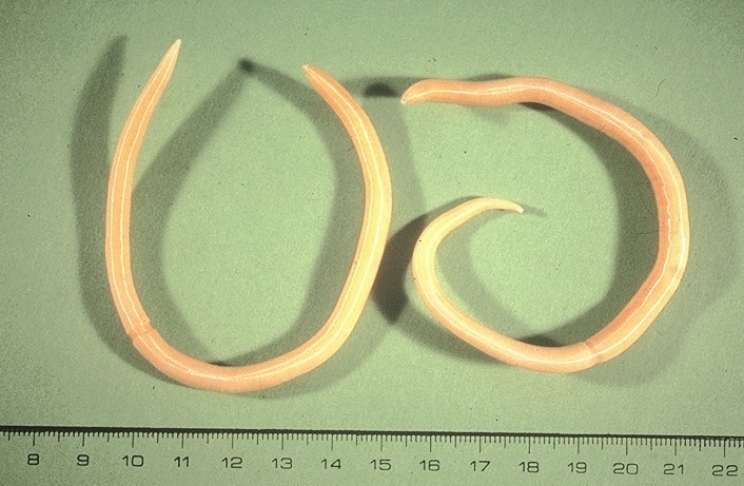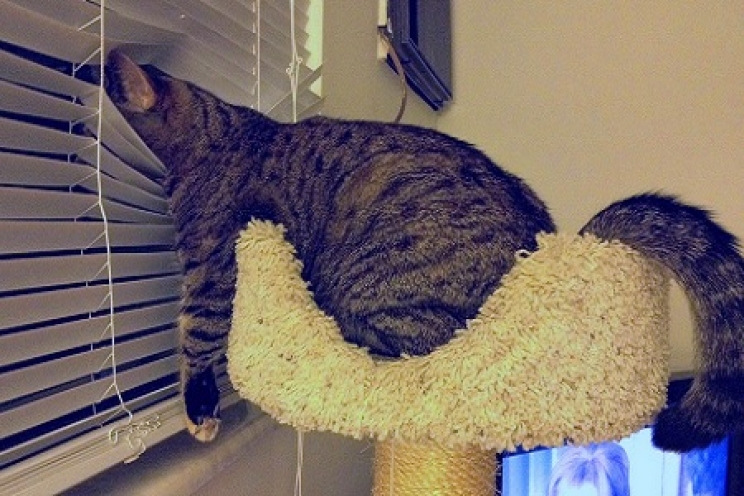Our pets can also experience symptoms of depression, just like us. The reasons behind this problem can range from some triggering situations in the family and in the environment in which they live, to various diseases and disorders. Let's see what depression is and how to avoid it.
Probably one of the reasons that can affect the mood of the dog and cat is linked precisely to the fact that at home they cannot do the same things they would do in nature. In fact, both pets are predators, so they are used to living outdoors, hunting, rolling around in the grass, mating...

Having a family is undoubtedly a more than a positive aspect. Affection, attention, not having to feel hungry, medical care are certainly just some of the privileges of animals living in the house.
At the same time, however, they are in a way, undergoing a reprogramming of their needs and activities. The owner always makes food available, toys replace the enthusiasm of hunting and the pleasure of mating is precluded from sterilization.
For this reason our pets can often feel little motivated, precisely because they cannot find the same stimuli at home that they would always have available in nature.
A good owner should be able to compensate for the needs of his friend from this point of view. This can only be achieved by spending quality time with your pet, with cuddling, daily walking activities and games outdoors.
Causes of depression
Among the main reasons for depression we find above all the lack of these activities. They are left alone in the house with more frequency each time without the possibility of playing or interacting with other animals or the owner.
In addition, depression is mainly caused by the change in a fixed routine the animal used to have. The arrival of a newborn or another animal, the loss of a family member, are also among the causes of depression.
The most common situations that can promote depression include:
- Moving house;
- Old Age;
- Birth of a newborn;
- Adoption of another animal;
- Removal of the puppies from their mother;
- Relocation of a family member;
- Temporary absence of the owners for holidays;
- Adoption by another family;
- Shorter or longer stay in a dog boarding house
- Kennel syndrome or sensory deprivation, typical of animals that have always lived isolated, without any contact with normal objects and noises typical of a house or a city, and react with anxiety, depression and phobias when placed in a context different from what they are used to;

At the same time, some diseases or medical conditions can also induce a state of apathy in the animal that can lead to depression.
Symptoms of Depression
What are the typical signs of this problem and how can you recognize depression in dogs and cats?
- Sleeps more than usual;
- He eats little and refuses the food you offer him;
- Has no interest in his favourite games;
- Tends to isolate itself;
- He doesn’t want to go out for daily walks with the owner;
- Doesn't respond if you call him.
What should I do?
In these cases, it is very important to contact your veterinarian to rule out the presence of a health problem. Later you can intervene by following a series of tips and tricks to help your pet overcome depression. The main ones are:
- Make him feel your presence;
- Caress him often;
- Talk to him in a low, sweet voice;
- Try to stimulate him with his usual games. In cats, it can be useful to choose games based on catnip, which all felines particularly appreciate. There are also attractive sprays on the market to spray on toys, making them more stimulating;
- Offer him his favourite food, preferably after slightly warming it up. In fact, the heat makes the smell of food easily perceptible;
- Bach flowers: they represent one of the most famous remedies of alternative medicine. They are special natural preparations capable of directly acting on mood and emotions. In recent years, they have also been increasingly used in pets, to treat problems such as depression, phobias and anxiety. Ask a homeopathic doctor or your veterinarian for advice, who will be able to prescribe a Bach flower preparation specifically for your pet.
Depression is a problem that is often underestimated, but it can also lead to serious consequences. So try to act as soon as possible, helping your pet to return to the playful and carefree state of mind of all time.

